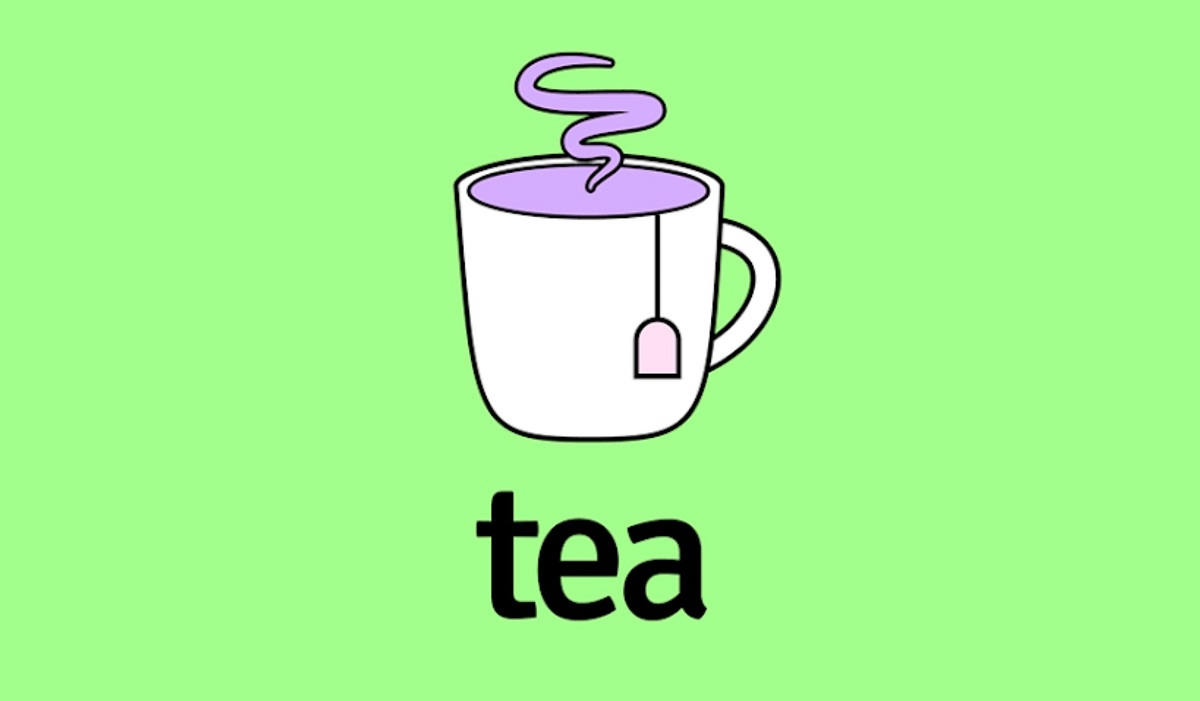Tea app, which was marketed as a safe platform for women and a space for sharing dating experiences and letting other women know about abusive men, has one of the most disturbing privacy breaches in memory. A July 2025 hack leaked sensitive information onto the online forum 4chan that exposed about roughly 72,000 images that included about 13,000 selfies, ID photos, and about 1.1 million private messages. As a result of these huge data violations, the company is now facing ten class-action lawsuits.
Ten women sue Tea app after data breach exposes personal data and photos on 4chan
Tea, which was once considered a digital safe haven, is now facing class-action lawsuits for failing to fulfill its very purpose. The app now faces ten legal cases filed against it, after the major July cyberattack exposed some of its most sensitive user data. The breach was not only severe but also deeply personal, given that the personal data exposed involved private images and messages that were then leaked onto 4chan, which is a forum known for hosting harmful content. The conversations revealed involved names of alleged abusers and safety warnings, and by spilling these details across the harmful forum, it amplified the security concerns for those who relied on Tea’s promise of safety.
Plaintiffs accuse the Tea app of negligence and breaching the contract between the user and the platform by failing to notify the users promptly. Some of the lawsuits filed blamed 4chan for its role in spreading the stolen material and pointed out that Elon Musk’s X platform amplified the circulation of the stolen data. A federal judge in San Francisco has now consolidated five of the federal class-action lawsuits into a single proceeding to simplify the case and avoid conflicting rulings.
Legal analysts say the financial stakes for the platform are high if the Tea app is found to be in violation of privacy and data protection laws. The damages could range between $1,000 to $5000 per affected user, resulting in tens of millions of compensations to be paid, given how widespread the breach was. The reason why this legal processing is vital is that it goes beyond a cybersecurity issue, highlighting the gravity of the situation given how apps like these are meant to protect users, those who have already experienced some kind of abuse, and are already at heightened risk.
Tea’s case raises bigger questions regarding the rapid development of AI-driven apps and how often that comes with security as an opportunity cost. It is vital for these systems to ensure privacy and trust, and not have the technology to serve or endanger those who are to be protected. In the wake of this, a new app, TeaOnHer, meant for men to review women, is gaining popularity, but now reports are warning against its serious security vulnerabilities as well.

